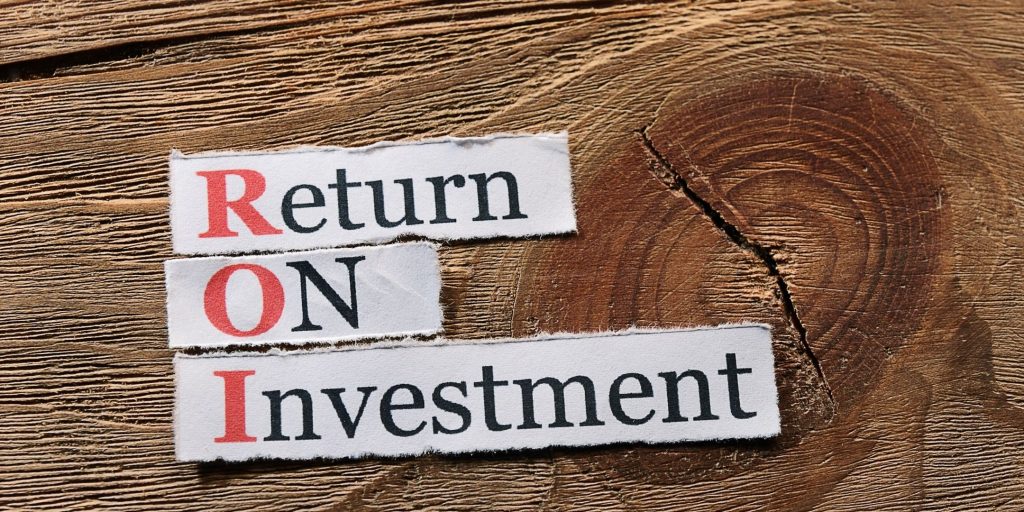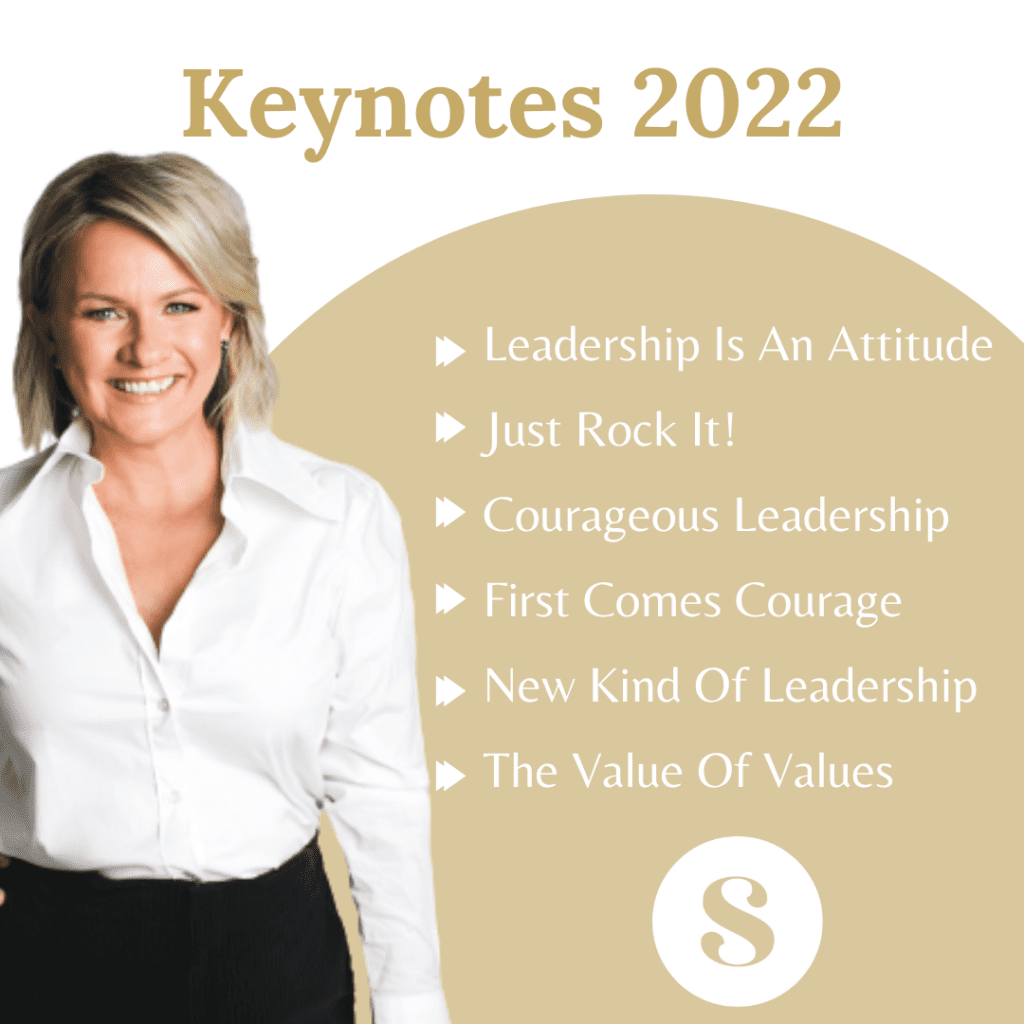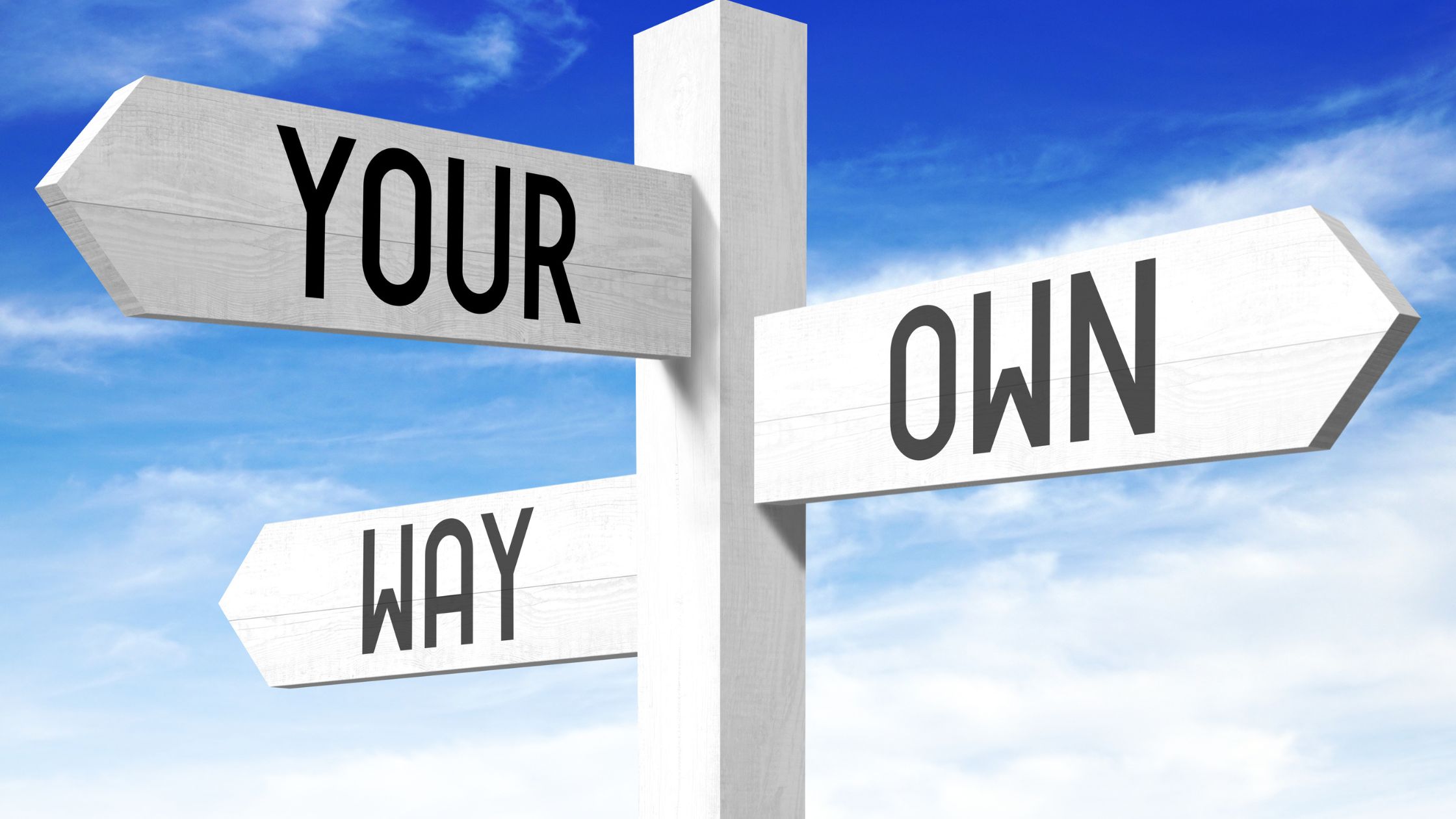Return on Investment (ROI) is an interesting term. In the normal business setting, it is a ratio that compares the potential return from a stand-alone investment to several other investments. How then do you place a value and ROI on kindness and is there value in kindness in general? What we do see in times of crisis, is community support and caring for each other coming to the forefront which is built on a foundation of trust and kindness to others. Also, research indicates that kindness improves company performance! A Canadian report from the Association of Professional Executives discovered that kindness increases productivity and engagement – teams possesses 26% more energy, are 36% more satisfied with their jobs, and 44% more committed to their organisation.
Kindness does get a bad rap however and it is often equated to weakness. Corporate environments encourage employees to be self-starters, disciplined, or maybe even aggressive, depending on the nature of your job or company. But kind? Rarely. Most company cultures assign little to no value to kindness. Turns out, a growing body of research indicates that companies with kindness baked into their culture are more productive and more profitable. A kindness revolution is quietly under way at some of the world’s largest companies. Amazon founder Jeff Bezos has described the Amazon culture as “friendly and intense.” Striking a balance between a determined atmosphere and a friendly one has made Amazon one of the most profitable companies in the world. Its revenue in 2020 was just shy of $400 billion, and its website is the top 10 most visited in the world. Now that’s some serious ROI.

Tim Denning, who inspires the world through personal development and Entrepreneurship says “Do Business with Kindness and You’ll see 10x Performance.”By giving more, you get more in business. It also outlines why kindness is good for business as follows:
- It changes how you act
- You give more
- You never know who you are impacting
- It changes business models
- It brings your team closer
- It is remembered
Ever since the start of the industrial revolution, employees have been viewed as production units. The terms FTE, headcount and human resources, all reflect that ‘mechanical’, and still very industrial view. Now let’s consider adding the human element, perhaps better referred to as the ‘social’ aspect. We can all acknowledge that a happy employee is generally more productive and engaged. If this sounds simple, you’re right, it is. Empathy, kindness, attention, appreciation and valuing an employee’s contribution are all ‘free’ management tools that make the difference between a bad employer and a great place to work where every employee’s wellbeing is important. We know these qualities and management principles instinctively and yet we rarely think to apply them. “I’ve no time, I’m too busy, and… it’s not on my bonus scorecard”. It seems we’ve come full circle. To incorporate these principles we need to redesign the way we measure performance and success using the established KPI model.
Joan Elmore author of the book “A 90-Day Challenge,” indicates how kindness Increases employee performance and “Using the Golden Rule at Work,” whether we’re giving it, receiving it, or witnessing it. An example of kindness inspires us and teaches us how to give more, help others, and improve ourselves. Lucy Douglas, a Positive News Journalist, has highlighted four ways to “clock in with kindness” which include:
- Real face time
- Schedule kindness
- Pay a compliment
- Offer support
Dave Kerpen as a CEO knows the importance of the bottom line and knows how kindness can help your ROI. Have you ever thought of a component beyond the creative and economic aspects only which may help boost your ROI? What if you add kindness? To find out more about the ROI of kindness, Dave spoke to Jill Lublin, author of The Profit of Kindness: How to Influence Others, Establish Trust, and Build Lasting Relationships. It may sound melodramatic, yet its business-sound when you consider these:
- Kindness Builds Positive Internal Relations
- Kindness Fosters an Attitude of Gratitude
- Kindness Develops Genuine Customer Service
- Kindness Allows Service Flexibility
- Kindness Creates a Sense of Community
Dave continues by saying that as the current market trend points to more socio-political and environmental offerings, seize the opportunity to do great and earn well at the same time. How can your product or service bring value to your neighbourhood, your clienteles’ community, your network? From small acts of kindness to big contributions to charitable organizations or activities, you can attract more customers and build brand loyalty. There is enough proof that a dog-eat-dog world need not exist. If only we intertwine kindness in our strategy to increase ROI, we would see that kindness is not just a motherhood statement. It does pay dividends in the forms of employee engagement, quality products or services, socially responsible operations that lead to emotionally connected customers.
Brian Shipman, CIO at Heritage Auctions asks, what is the ROI of Human Kindness? He says, are you trying to calculate the ROI of human kindness? There is no try. There is only do, or do not. Living in the information age can ironically cloud our ability to see clearly. Our focus has been towards numbers and away from people. We see…
Costs and not customers
Hours worked and not our workers
ROI and not you or I
Brian says that just because it can be measured does not mean it is worthwhile. Often the best things are immeasurable deliverables. And yet we often don’t offer our best because we are so blinded by the bright lights of data. How do you calculate the ROI of a handwritten thank-you card given to an employee on her work anniversary or, after she does a great job on a project? You can’t. And because the hard return of gratitude cannot be stored in a database and analysed, we don’t do it. And even when someone like Soul Pancake does a great job of illustrating the ROI of gratitude, we still flounder because we can’t see the hard numbers in our own database.
We’ve all heard, “If you can’t say anything good about a person, don’t say anything good at all.” But there is a subtle, implicit converse at work within us indicates Brian: “If no one says anything to me, there must be nothing good about me to say.”
Brian suggests, when someone in your organization reaches a milestone, does a great job, or just needs a kind word – say something! Saying nothing only implies there is nothing good to say. I am guilty as charged. Too often I rush past an employee and say nothing, when what I really need to do is stop, look her in the eye, and validate the effort she is giving to this company.
Recently Brian decided to stop just saying “thank you” in quick but heartfelt verbal spurts and to start giving out handwritten thank-you cards with a paragraph of worthy things I see in that human being – especially at key times like work anniversaries. Since that time, I have seen an ROI that I am unable to codify. How do you measure…
The width of a smile?
The number of tears streaming down a face?
The weight of the words, “I can’t tell you how much this means to me…”?
The length of time the note stays on prominent display?
The strength of a grip in a grateful handshake?
Brian concludes by saying that you can’t measure this. Not now. Not ever. And yet, the ROI is there. You can see it. Hear it. Know it. The R is worth far more the little I it takes to show some gratitude in a meaningful way. Or to show respect, kindness, consideration, courtesy, or simply to say, “You are worthy.”
The ‘Pay it forward Movement’ is an example of how kind movements spread globally. This movement encourages everyone to do three unprompted good deeds for three different people – such as giving someone an umbrella when it’s raining or paying for a coffee anonymously – and asking nothing in return except that the person ‘pay it forward’. That’s it. The movement has spread around the globe and has a book and a film named after it.
Forget the numbers. Who cares if you can’t calculate the ROI? Just do it.
You have a great opportunity to lead with kindness and decide how you can create an ROI framework which includes kindness in your work, with your team, your family, your community!
Decide where you can make that impact…




